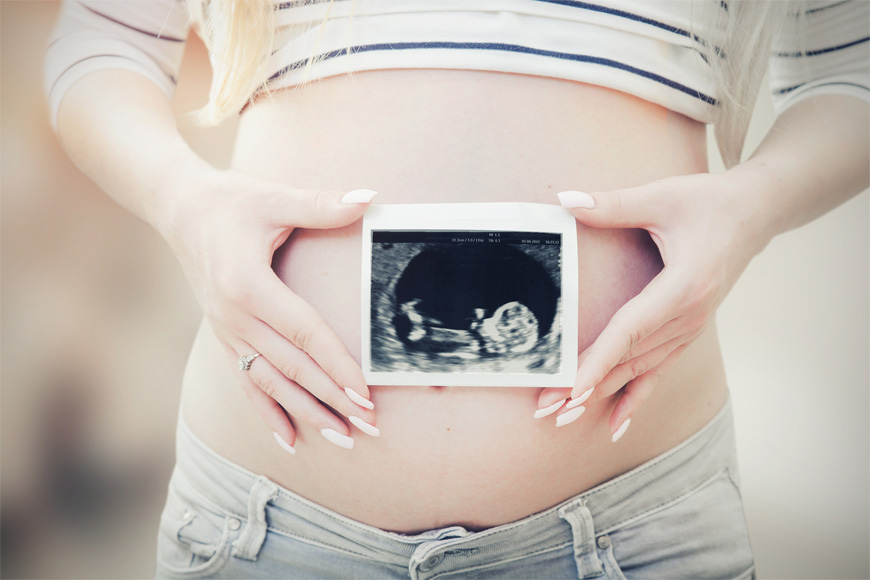Emergency surgery was performed to save a patient in Abu Dhabi with polycystic kidney disease after suffering severe attacks of bleeding
17 August 2020
| Last updated on 25 August 2020
The emergency kidney surgery was successfully performed at Mediclinic Airport Road Hospital
A 40 year old male patient with kidney failure underwent an emergency surgery to remove his left kidney due to severe bleeding.
The patient was suffering from kidney failure that resulted from an inherited kidney disorder known as polycystic kidney disease.
The patient started experiencing symptoms at the age of 30, which progressed and developed over the years leading to kidney failure.
What is polycystic kidney disease?
Polycystic kidney disease causes fluid-filled sacs to form around the kidneys which hinders their function to filter waste from the blood and causes enlargement in the kidneys. Therefore, in order to replace the function of the kidney, the patient received routine haemodialysis therapy.

Continuous blood in the urine called for an emergency intervention as the patient’s blood pressure and haemoglobin levels dropped drastically. Further investigations that included a CT scan revealed that the kidney was hugely dilated, filled with cysts and blood clots.
The patient was resuscitated and received a blood transfusion, after which he was admitted for emergency surgery the next morning.
If left untreated, the patient may have suffered serious complications such as severe anaemia, haemodynamic instability and rupture of the cysts.
Prof. Dr. Mohsen El Mekresh, Consultant Urologist at Mediclinic Airport Road Hospital, said: “In around two and a half hours, we were able to successfully remove the hugely dilated kidney that weighed approximately 6kg."
"Given the complexity of the situation, a kidney of this size must be removed via traditional open surgery method rather than through a minimally invasive technique to avoid any risk of rupture during surgery and to react rapidly to the high-risk situation that the patient was in," he continued.
After successfully performing the surgery under general anaesthesia, the patient was moved to the Intensive Care Unit (ICU) for observation and was discharged on the third day in a good health condition to resume his normal life and dialysis therapy as usual.


























.png?itok=HBSyMDok)























































































.png?itok=0fOAXkOm)















.png?itok=EH_x0Pha)













